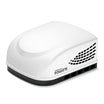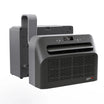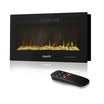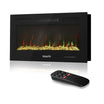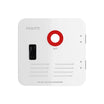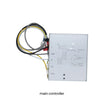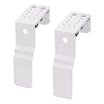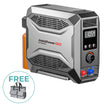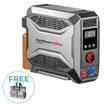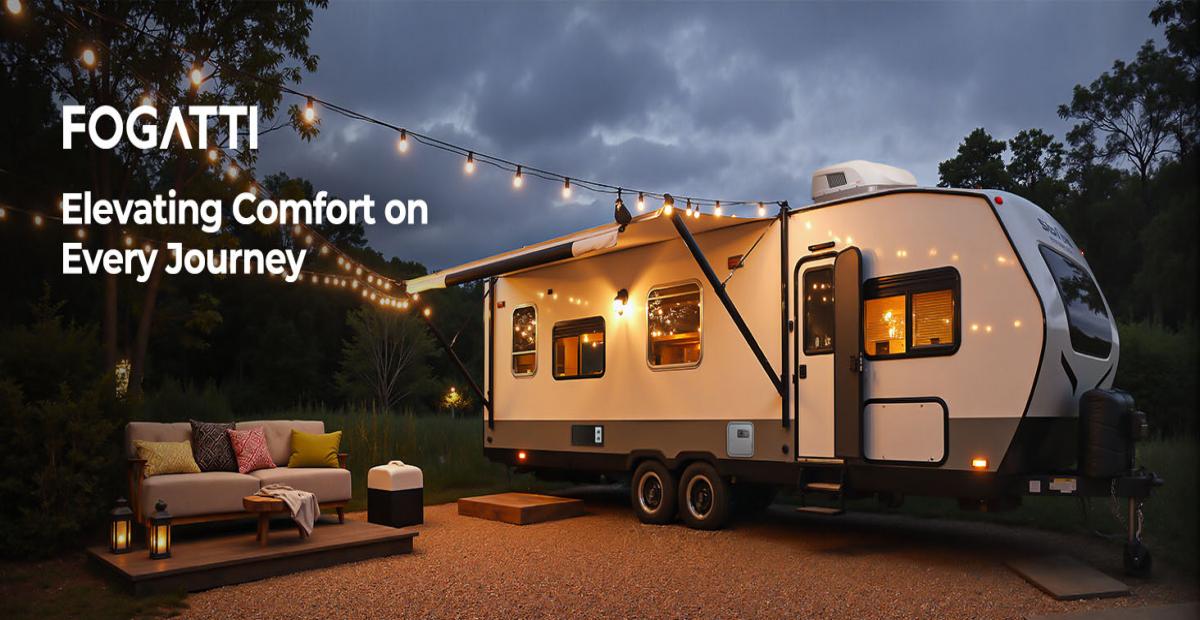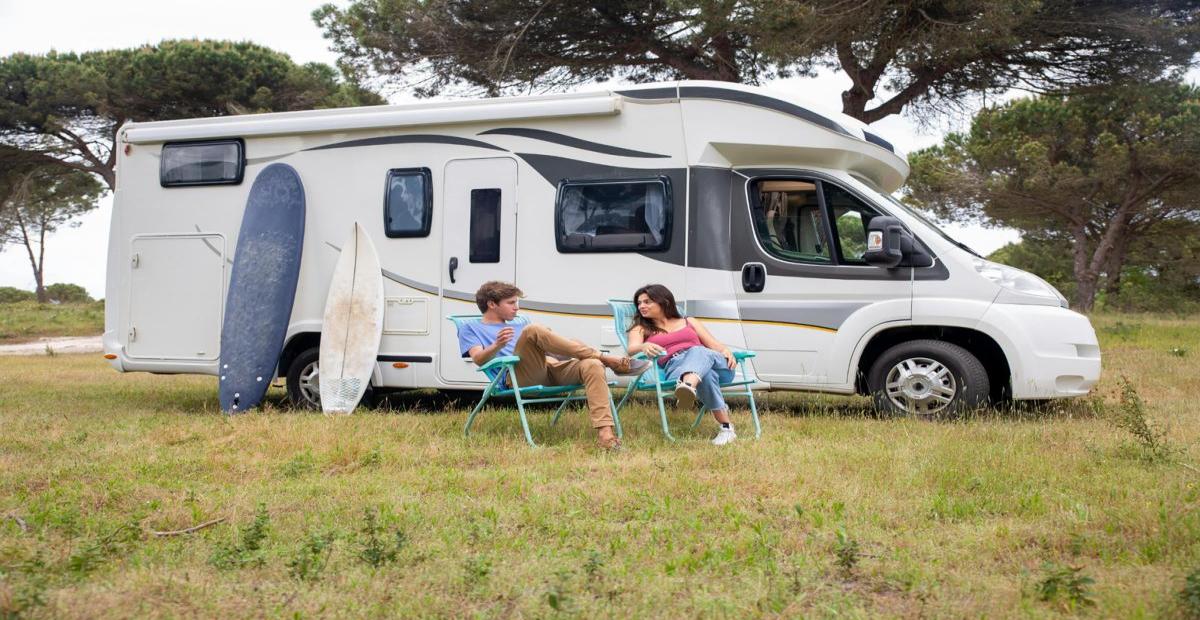In Australian homes, common electrical risks include faulty wiring, overloaded circuits, and improper use of electrical appliances. By taking proactive measures, such as child-proofing electrical outlets and adhering to safety guidelines, homeowners can significantly reduce the likelihood of electrical incidents, creating a safer living environment for their families.
Understanding Electrical Hazards
Electrical hazards are potential threats that arise from the use or misuse of electrical systems and devices. These hazards can lead to serious injuries, fires, and even fatalities if not properly managed. Understanding these dangers is the first step towards ensuring a safe home environment.
Common electrical hazards in Australian homes include faulty wiring, outdated electrical systems, and the improper use of electrical appliances. Faulty wiring can cause electrical shocks, while outdated systems may not handle the load of modern appliances, leading to overheating and fires. Additionally, misuse of appliances, such as overloading power points or using damaged cords, significantly increases the risk of accidents. Identifying the causes of these hazards is essential for prevention. Regular inspections by licensed electricians can help detect and rectify potential issues before they become dangerous. By being aware of the common causes and taking appropriate actions, homeowners can create a safer living environment for their families.
Identifying Potential Electrical Hazards
Recognising potential electrical hazards in your home is crucial for maintaining a safe living environment. Some hazards are more apparent, while others may be hidden, requiring a keen eye and knowledge to identify them.
Faulty Wiring and Outlets
Faulty wiring is one of the most common electrical hazards in homes. Signs of faulty wiring include flickering lights, buzzing sounds from outlets, and scorch marks on power points. Outdated electrical systems may struggle with modern electrical loads, causing wires to overheat. Frayed or damaged wiring is especially dangerous as it can lead to electrical shocks or fires. Regularly checking for these signs and having a licensed electrician inspect your wiring can prevent many potential hazards.
Overloaded Circuits
Overloading circuits is another prevalent issue in many homes. This occurs when too many appliances are plugged into a single outlet or power strip, exceeding the circuit's capacity. Signs of an overloaded circuit include frequently tripped circuit breakers, warm or discoloured outlets, and a burning smell near power points. To prevent overloads, avoid using multiple high-wattage devices on the same circuit and distribute electrical loads evenly throughout the home.
By staying vigilant and regularly inspecting your home's electrical system, you can identify and address potential hazards before they become serious issues. Educating yourself about these common dangers and taking proactive measures will help ensure a safer environment for you and your family.
Preventative Measures for Electrical Safety
Taking proactive steps to ensure electrical safety in your home can significantly reduce the risk of accidents. Implementing these preventative measures will help you maintain a safe and secure living environment.Regular Electrical Inspections
Scheduling regular electrical inspections by a licensed electrician is crucial for maintaining safety. During these inspections, electricians check for faulty wiring, outdated systems, and other potential hazards. They can identify issues that may not be visible to the untrained eye, ensuring your electrical system is up to current standards. Inspections should be conducted every few years or when you notice any warning signs, such as flickering lights or tripped circuit breakers.
Safe Use of Electrical Appliances
Using electrical appliances safely is another key preventative measure. Always follow the manufacturer’s instructions for each appliance and avoid overloading power points. Unplug appliances when not in use to prevent overheating and reduce the risk of electrical fires. Ensure that cords are not frayed or damaged and replace them immediately if they show signs of wear. Additionally, keep appliances away from water sources to avoid electrical shocks.
Installing Safety Devices
Installing safety devices such as circuit breakers and surge protectors can provide an extra layer of protection. Circuit breakers automatically shut off the electrical supply in case of an overload or short circuit, preventing potential fires. Surge protectors safeguard your appliances from power surges, which can damage devices and increase the risk of fire. Residual Current Devices (RCDs) are also essential as they cut off electricity if they detect a fault, protecting against electric shocks.
Childproofing Your Home
Childproofing electrical outlets and devices are vital for families with young children. Use outlet covers or tamper-resistant outlets to prevent children from inserting objects into power points. Keep cords and wires out of reach and secure them to the walls or floors. Educate children about the dangers of electricity and establish rules to ensure they understand not to play near electrical outlets or appliances.
By implementing these preventative measures, you can significantly reduce the risk of electrical hazards in your home. Regular inspections, safe appliance use, installation of safety devices, and childproofing are all crucial steps in maintaining a safe living environment. Taking these actions not only protects your property but also ensures the well-being of all residents.
Childproofing Your Home
Ensuring electrical safety for children requires careful childproofing of your home. Children are naturally curious, and electrical outlets and devices can pose significant risks if not properly secured.
Start by using outlet covers or tamper-resistant outlets to prevent children from inserting objects into power points. These covers are simple to install and can effectively block access to live electrical parts. Additionally, ensure that all electrical cords and wires are out of reach. Secure them along the walls or floors using cable clips or covers to avoid tripping hazards and reduce the risk of children pulling on them.
Educating your children about electrical safety is equally important. Teach them not to play near electrical outlets or appliances and explain the dangers of electricity in an age-appropriate manner. Establish rules, such as not touching electrical devices with wet hands, to instil safe habits from a young age. By combining physical barriers with education, you can create a safer environment for your children.
Responding to Electrical Emergencies
Knowing how to respond to electrical emergencies can make a significant difference in ensuring the safety of your household. Quick and appropriate actions can prevent injuries and minimise damage.
Recognising an Electrical Emergency
Electrical emergencies can manifest in various ways, including sparks, smoke, burning smells, or buzzing noises from outlets or appliances. Other signs include frequent tripping of circuit breakers, flickering lights, or discoloured outlets. If you notice any of these signs, it’s crucial to act immediately. Turn off the power supply to the affected area using the circuit breaker. Avoid touching any electrical devices or outlets until the situation is resolved.
Contacting Emergency Services
In case of an electrical fire or if someone has received an electric shock, call emergency services immediately. For an electrical fire, use a fire extinguisher designed for electrical fires (Class C) or, if unavailable, a blanket or heavy cloth to smother small flames. Never use water, as it can conduct electricity and cause further harm. If someone is electrocuted, do not touch them directly. Instead, turn off the power at the source and use a non-conductive object, like a wooden broom handle, to separate them from the electrical source.
When contacting emergency services, provide clear and concise information about the nature of the emergency, the location, and any immediate dangers. Stay on the line until instructed otherwise and follow any advice given by the operator. Quick and informed actions can save lives and protect your home from further damage.
By recognising the signs of electrical emergencies and knowing how to respond effectively, you can protect yourself and your family from serious harm.
Keep Your Home Free From Electrical Hazards Today!
Preventing electrical hazards at home is essential for ensuring the safety and well-being of your family. By understanding common risks, identifying potential hazards, and implementing preventative measures, you can create a safer living environment.
Regular electrical inspections, safe use of appliances, installation of safety devices, and childproofing are all crucial steps in maintaining electrical safety. Being prepared to respond to emergencies further enhances your household's security. Take proactive steps today to safeguard your home from electrical dangers and ensure a secure environment for all residents.











